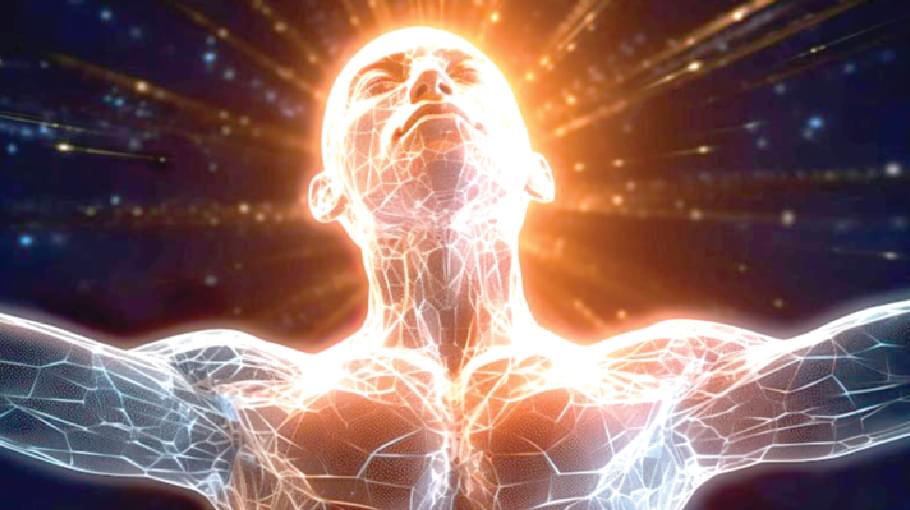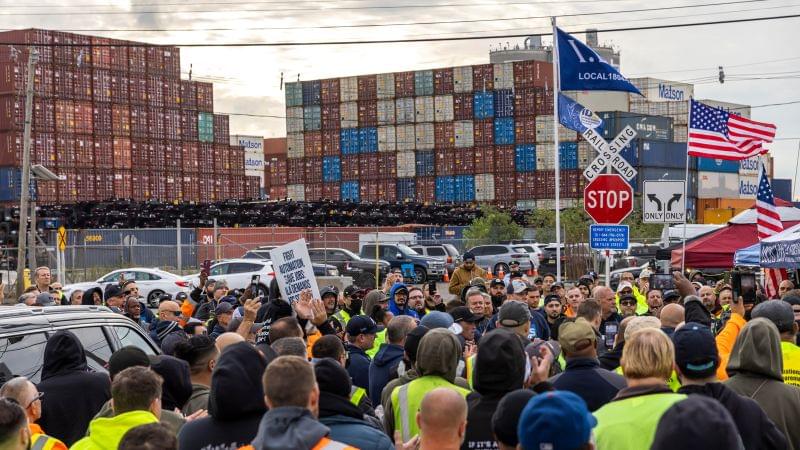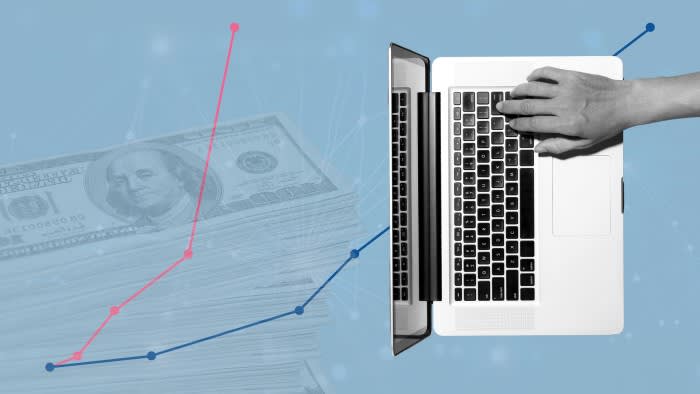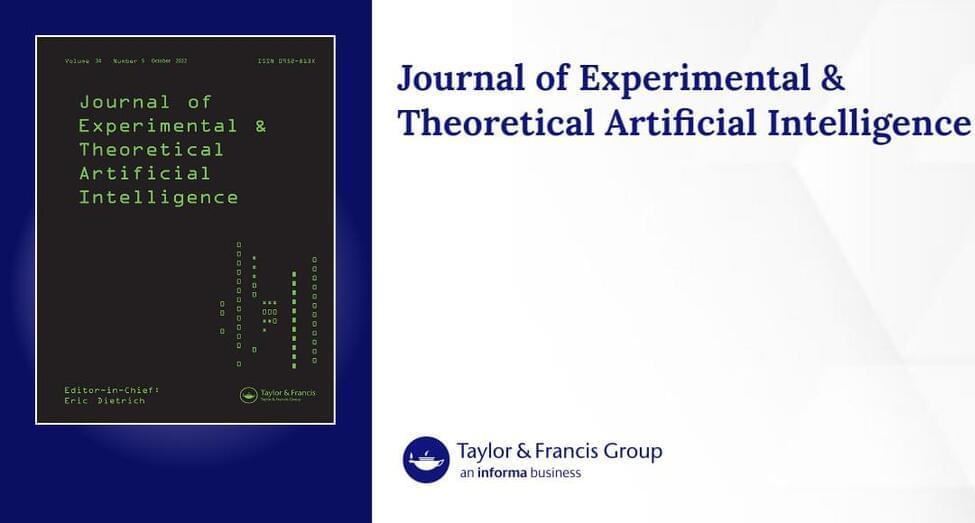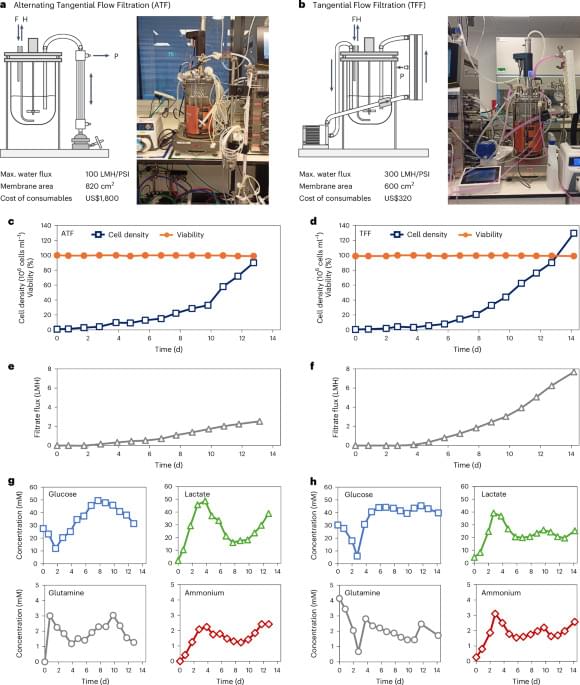Researchers at Duke-NUS Medical School have identified interleukin-11 (IL11) as a key factor in the ageing process. Elevated IL11 levels lead to fat accumulation and muscle loss—two major indicators of ageing. Inhibiting IL11 could enhance healthy lifespans.
Ageing populations pose significant health and economic challenges globally. Even a one-year increase in life expectancy could be valued at $38 trillion.
In a study published in Nature, the team demonstrated that anti-IL11 therapy not only counters the harmful effects of ageing but also increases lifespan by up to 25% in preclinical models. The therapy shifts metabolism from generating harmful white fat to beneficial brown fat, which helps burn calories and maintain body temperature.
